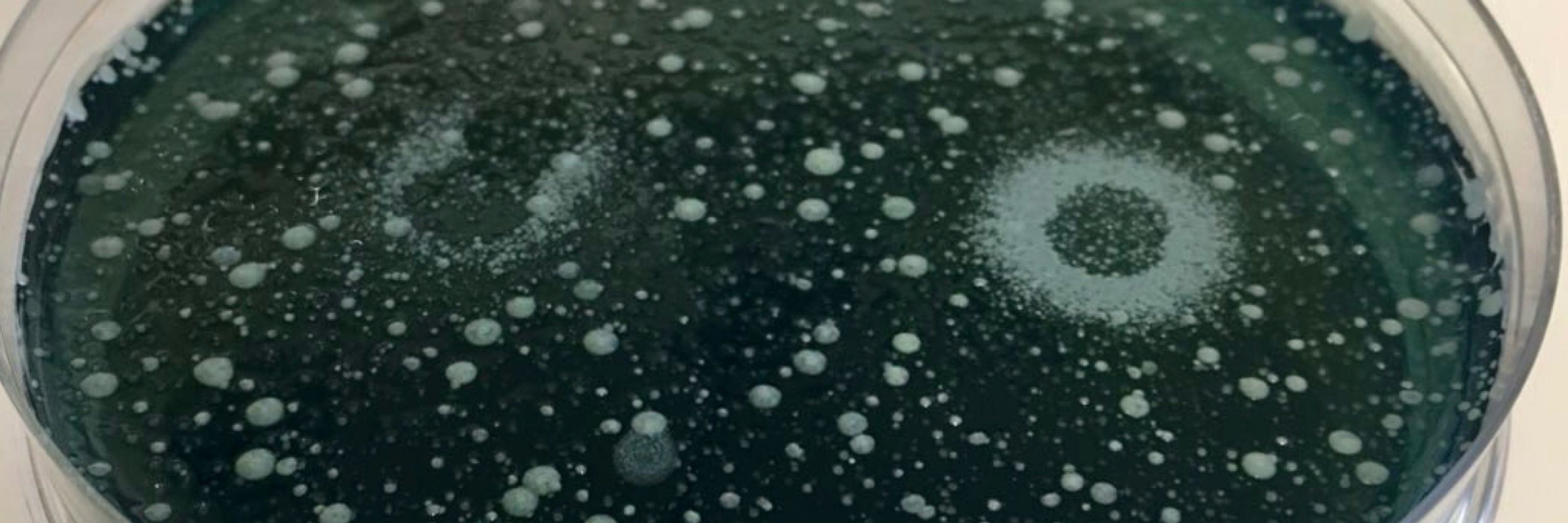
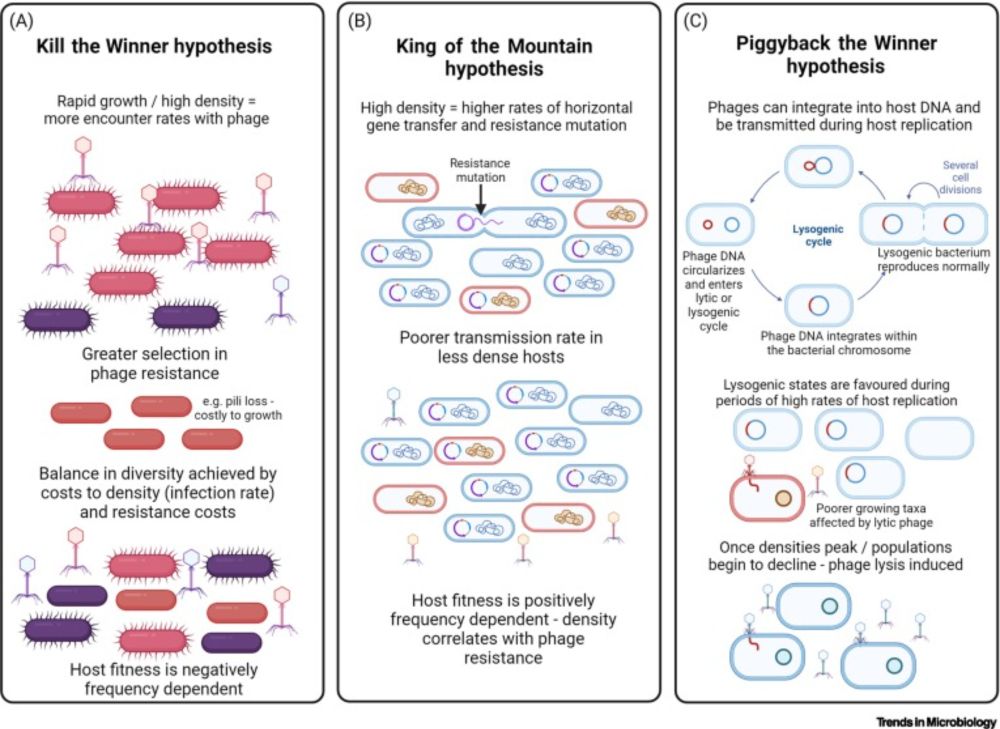
I am shamelessly self-promoting mine and Angus Buckling's relatively new review "Critically evaluating the relative importance of phage in shaping microbial community composition"
www.cell.com/trends/micro...
This is open worldwide with all currency conversions accounted for. For GBP it is £2 an entry and all funds go directly to The Cystic Fibrosis Trust 💚
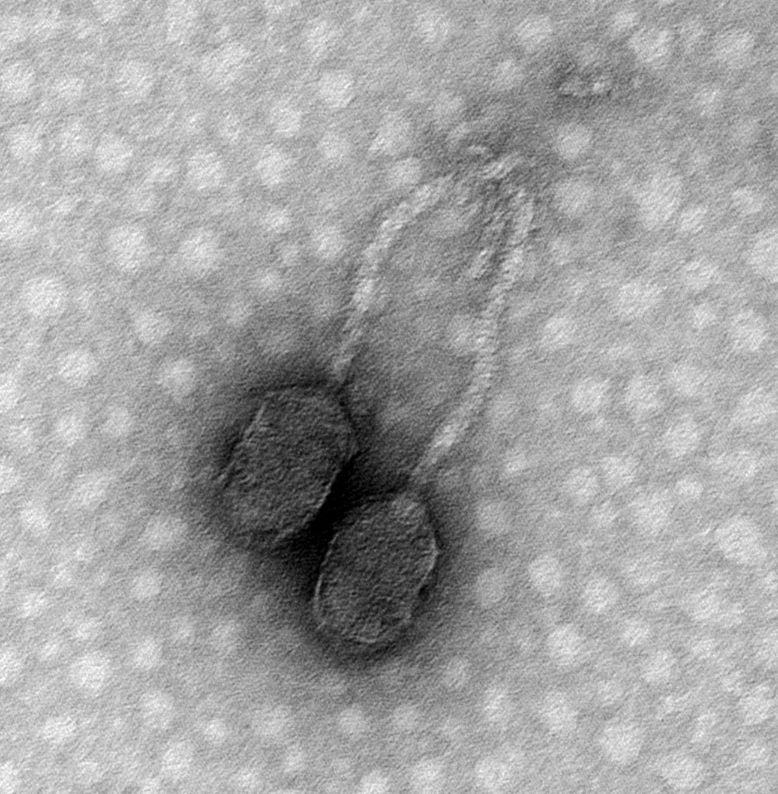
This is open worldwide with all currency conversions accounted for. For GBP it is £2 an entry and all funds go directly to The Cystic Fibrosis Trust 💚
"About 43% of respondents had experienced some form of discrimination or harassment.. in around four out of ten bullying cases, a student reported bullying by their supervisor."
We need safeguards in place to stop this from happening.

"About 43% of respondents had experienced some form of discrimination or harassment.. in around four out of ten bullying cases, a student reported bullying by their supervisor."
We need safeguards in place to stop this from happening.
Pseudomonas aeruginosa VS Pf phage
@currentbiology.bsky.social by @nanamikubota.bsky.social, @shellyscrib.bsky.social and @vscooper.micropopbio.org
www.cell.com/current-biol...
#PhageSky

Pseudomonas aeruginosa VS Pf phage
@currentbiology.bsky.social by @nanamikubota.bsky.social, @shellyscrib.bsky.social and @vscooper.micropopbio.org
www.cell.com/current-biol...
#PhageSky
Please share the ad below with anyone who may be interested.

Please share the ad below with anyone who may be interested.
deadline 1 October 2025
employment.ku.dk/faculty?show...
#phagesky #microsky

deadline 1 October 2025
employment.ku.dk/faculty?show...
#phagesky #microsky
www.microbiologyresearch.org/content/jour...
www.microbiologyresearch.org/content/jour...
In English, Welsh, Irish and Gaelic.
#ScienceIsFun
🦠🧫🔬🧑🏼🔬
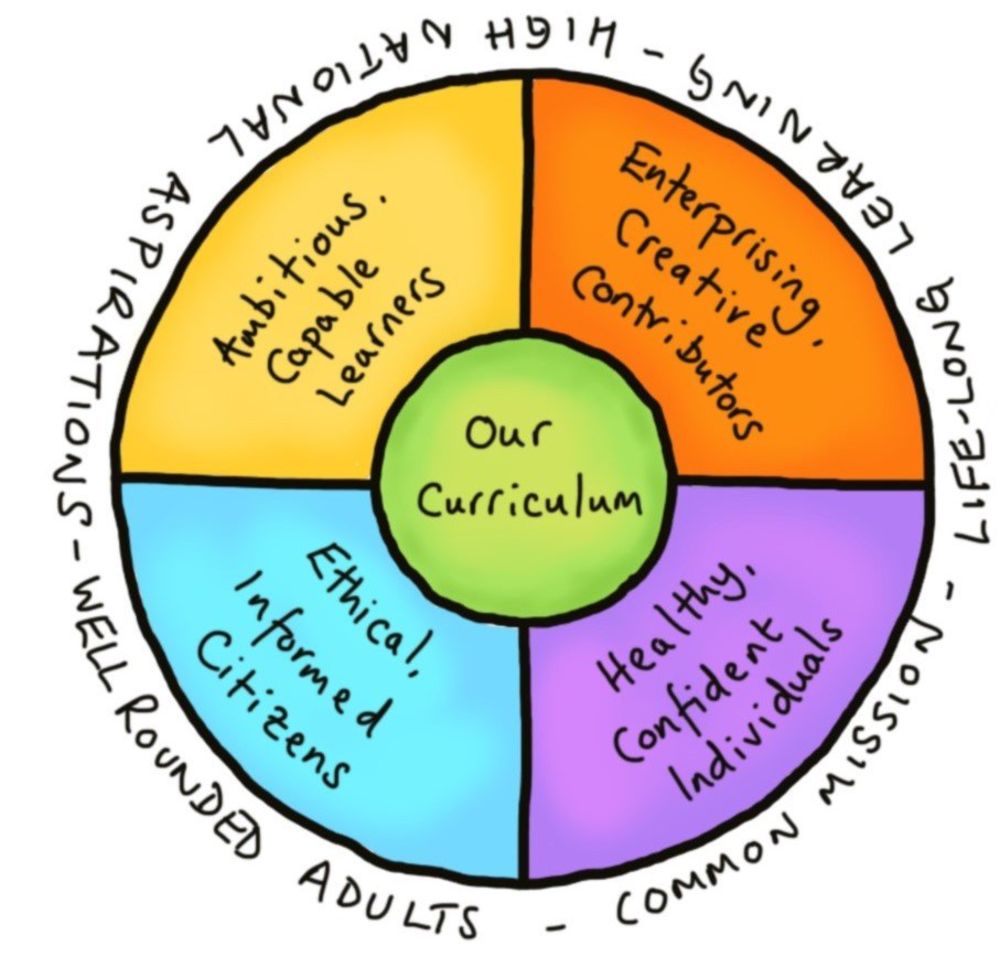
In English, Welsh, Irish and Gaelic.
#ScienceIsFun
🦠🧫🔬🧑🏼🔬

We are looking for a prospective PhD student to start in October 2026 who is excited about bacteria (Klebsiella pneumoniae), how they interact, and how they exchange DNA.
All details can be found on the funder website 👉 gw4biomed.ac.uk/developing-c...
We are looking for a prospective PhD student to start in October 2026 who is excited about bacteria (Klebsiella pneumoniae), how they interact, and how they exchange DNA.
All details can be found on the funder website 👉 gw4biomed.ac.uk/developing-c...
We found mutually exclusive evolutionary pathways to multidrug resistance in E. coli & P. aeruginosa - some resistance mechanisms actively prevent others from coexisting www.biorxiv.org/content/10.1...

We found mutually exclusive evolutionary pathways to multidrug resistance in E. coli & P. aeruginosa - some resistance mechanisms actively prevent others from coexisting www.biorxiv.org/content/10.1...
Please share & get in touch if interested!
tinyurl.com/e7j7bha3

Please share & get in touch if interested!
tinyurl.com/e7j7bha3
www.jobbnorge.no/en/available...

We investigated how spatial structure affects cooperation between phages, combining mathematical modelling and experiments.
A short thread 🧶
We investigated how spatial structure affects cooperation between phages, combining mathematical modelling and experiments.
A short thread 🧶

From cooperation to competition, phage-phage interactions reveal a fascinating layer of microbial life that’s often overlooked.
A piece crafted by the talented Josie Elliott!
by authors @josie-e.bsky.social & @annechevallereau.bsky.social
Thank you for making our work more accessible and highlighting its relevance!
www.cell.com/trends/microbiology/fulltext/S0966-842X%2825%2900158-1

From cooperation to competition, phage-phage interactions reveal a fascinating layer of microbial life that’s often overlooked.
A piece crafted by the talented Josie Elliott!
Respect from lab members comes from being able to challenge negative behaviour, and being listened to without discussions becoming a competition.
Laboratory dynamics can change as the age and experience of the principal investigator increase. But there are ways to combat this.
Read our piece in Nature, with @sprekeler.bsky.social
www.nature.com/articles/d41...
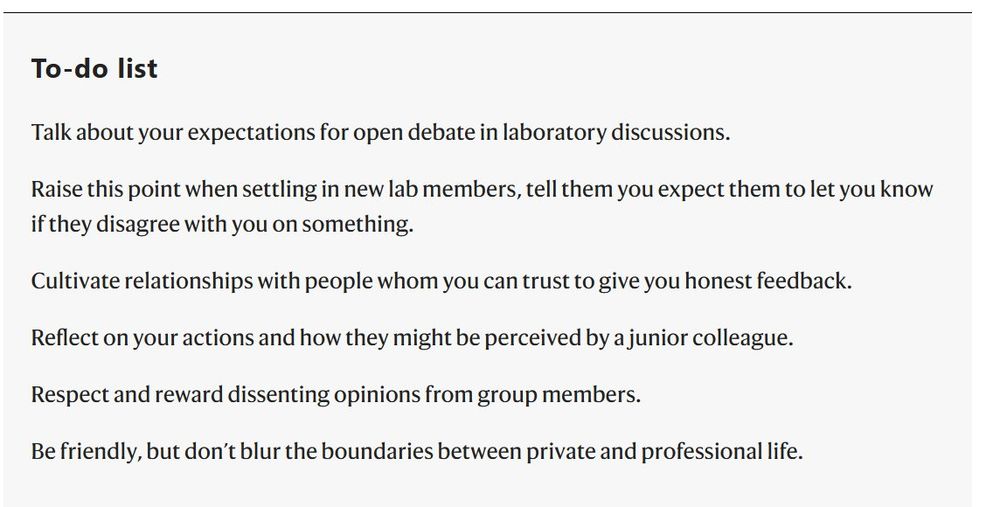
Respect from lab members comes from being able to challenge negative behaviour, and being listened to without discussions becoming a competition.
Laboratory dynamics can change as the age and experience of the principal investigator increase. But there are ways to combat this.
Read our piece in Nature, with @sprekeler.bsky.social
www.nature.com/articles/d41...

Laboratory dynamics can change as the age and experience of the principal investigator increase. But there are ways to combat this.
Read our piece in Nature, with @sprekeler.bsky.social
www.nature.com/articles/d41...
#ISMEJournal
@duhitasant.bsky.social Tom Smith Edgar Wong Juli Cohen
@kayla-king.bsky.social
Tom Bell
academic.oup.com/ismej/advanc...
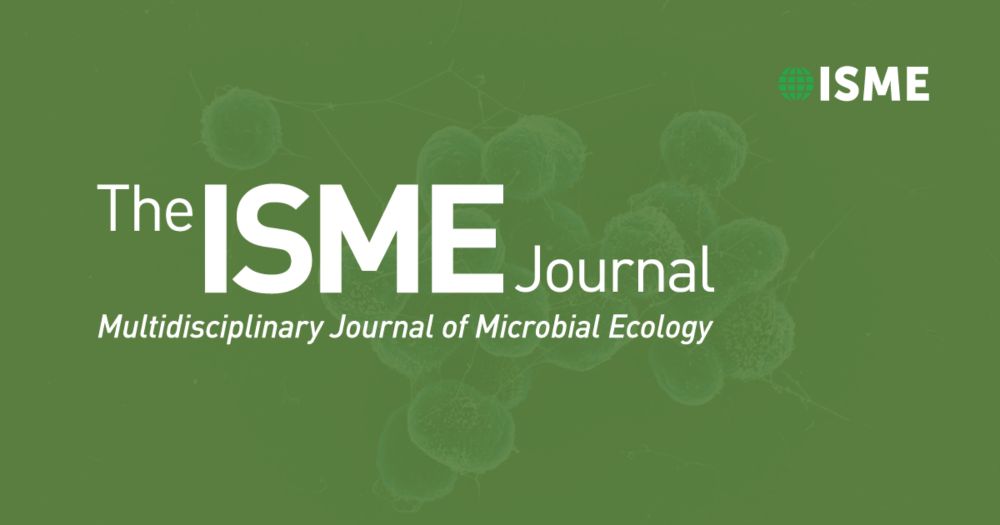
#ISMEJournal
@duhitasant.bsky.social Tom Smith Edgar Wong Juli Cohen
@kayla-king.bsky.social
Tom Bell
academic.oup.com/ismej/advanc...
Workshop on Phage Therapy in Liverpool on 25th November organised by Stineke van Houte, @jojofoth.bsky.social, @brockhurstlab.bsky.social, & Edze Westra.
Limited FREE tickets & more info here: sites.exeter.ac.uk/vanhoutelab/...
#MicroSky
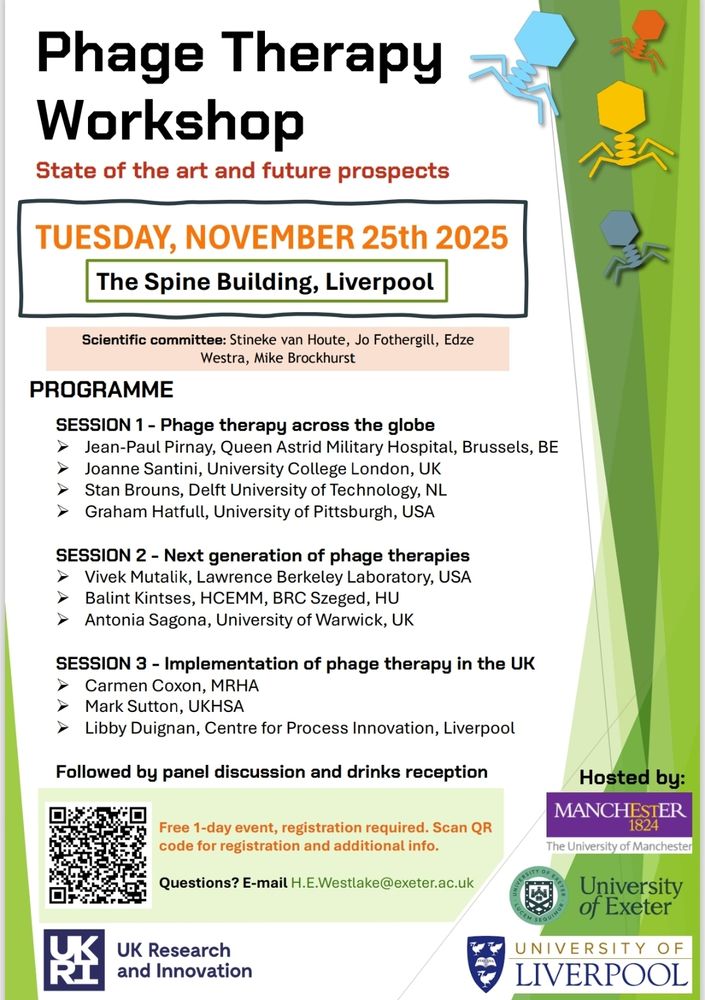
Workshop on Phage Therapy in Liverpool on 25th November organised by Stineke van Houte, @jojofoth.bsky.social, @brockhurstlab.bsky.social, & Edze Westra.
Limited FREE tickets & more info here: sites.exeter.ac.uk/vanhoutelab/...
#MicroSky
#ExperimentalEvolution #evolution #evoSky
www.nature.com/articles/s41...
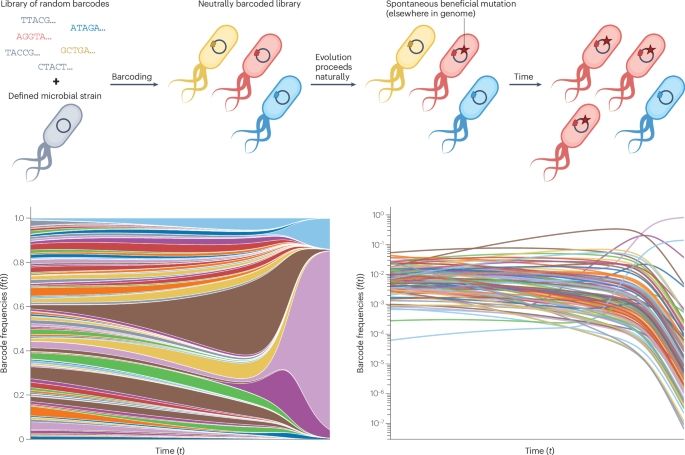
#ExperimentalEvolution #evolution #evoSky
www.nature.com/articles/s41...
We show that macrophages reduce the efficacy of a bacteriophage cocktail 🦠, resulting in greater bacteria population densities which, in-turn, facilitate greater rates of phage resistance.
Pre-print 👇
www.biorxiv.org/content/10.1...

We show that macrophages reduce the efficacy of a bacteriophage cocktail 🦠, resulting in greater bacteria population densities which, in-turn, facilitate greater rates of phage resistance.
Pre-print 👇
www.biorxiv.org/content/10.1...
journals.asm.org/eprint/8NWNW...
journals.asm.org/eprint/8NWNW...
Let's dig in (1/6)

doi.org/10.1101/2025...

doi.org/10.1101/2025...

